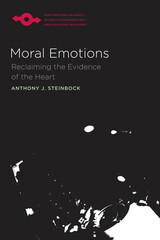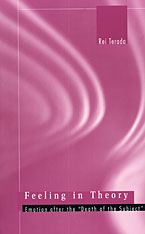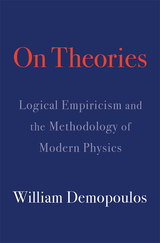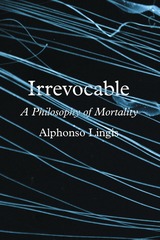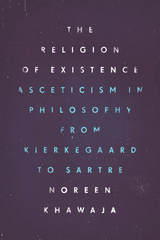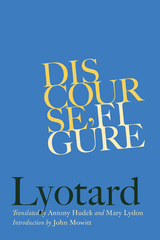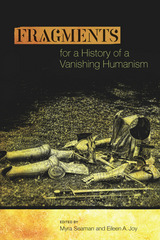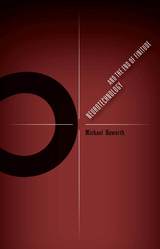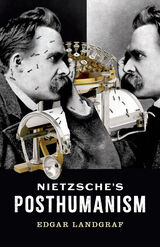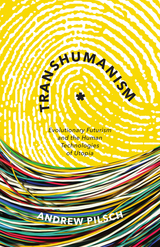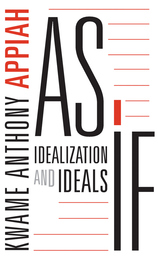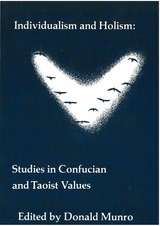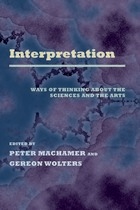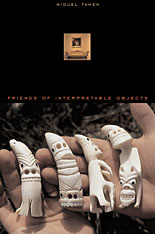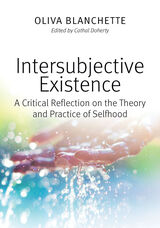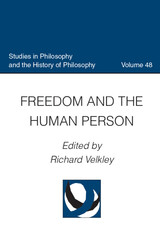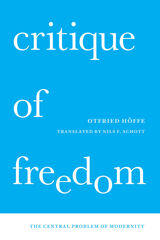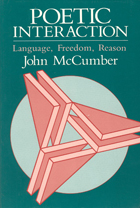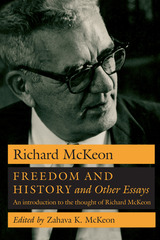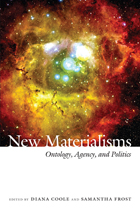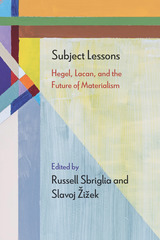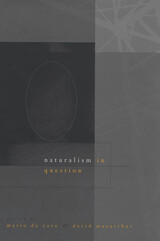The Analysis of Ideology
University of Chicago Press, 1989
Cloth: 978-0-226-06730-8
Library of Congress Classification B823.3.B5913 1989
Dewey Decimal Classification 140
Cloth: 978-0-226-06730-8
Library of Congress Classification B823.3.B5913 1989
Dewey Decimal Classification 140
ABOUT THIS BOOK | AUTHOR BIOGRAPHY | TOC
ABOUT THIS BOOK
Distinguished French sociologist Raymond Boudon presents here a critical theory history of the concept of ideology. His highly original and lucidly argued study addresses the core question of any account of ideology. How do individuals come to adhere to false or apparently irrational beliefs, and how do such beliefs become collectively accepted as true?
Boudon begins by providing an exhaustive and subtle critique of sociological explanations of ideology from early conceptions to its current usage in the works of Barthes, Foucault, Habermas, Sartre, and others. He then offers his own interpretation of the origins and emergence of ideological beliefs. In opposition to those views which associate ideology with irrationalism, Boudon shows that ideologies are a natural ingredient of social life; he develops a rationalist theory that helps to explain why certain ideas are believed by individuals and thereby effective in the social world. Finally, he examines case studies of two modern-day ideologies—developmentalism and Third Worldism.
Moving easily across disciplinary boundaries, Boudon's provocative contribution to a subject of growing significance will be of great interest to scholars in sociology and social theory, as well as philosophy, political science, and development studies.
Boudon begins by providing an exhaustive and subtle critique of sociological explanations of ideology from early conceptions to its current usage in the works of Barthes, Foucault, Habermas, Sartre, and others. He then offers his own interpretation of the origins and emergence of ideological beliefs. In opposition to those views which associate ideology with irrationalism, Boudon shows that ideologies are a natural ingredient of social life; he develops a rationalist theory that helps to explain why certain ideas are believed by individuals and thereby effective in the social world. Finally, he examines case studies of two modern-day ideologies—developmentalism and Third Worldism.
Moving easily across disciplinary boundaries, Boudon's provocative contribution to a subject of growing significance will be of great interest to scholars in sociology and social theory, as well as philosophy, political science, and development studies.
See other books on: Analysis | Body, Mind & Spirit | Boudon, Raymond | Ideology | Sociology of Religion
See other titles from University of Chicago Press

